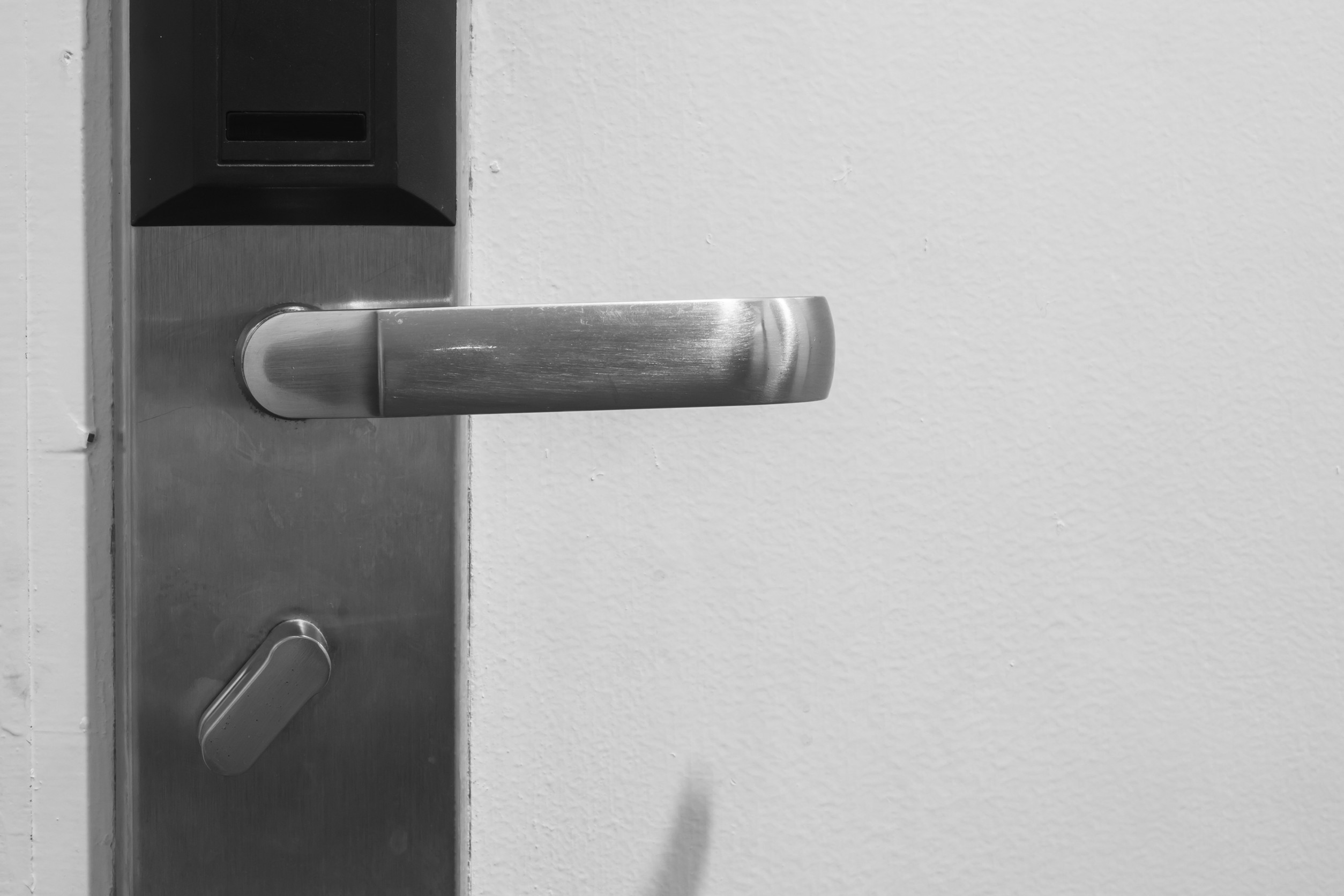Image Credit: wandee007/123rf.com
A groundbreaking innovation in healthcare hygiene has emerged from Jamaica, where Rayvon Stewart, a 23-year-old software engineer, has developed a self-disinfecting door handle known as Xermosol. This UV-powered device eliminates 99.9% of pathogens after each use, addressing a significant concern in clinical settings regarding the transmission of germs through shared surfaces.
Stewart’s journey began as a student at the University of Technology in Kingston, where he was inspired to create a solution after witnessing the challenges faced by patients and nurses during his volunteer work at a hospital. The Xermosol door handle not only showcases innovative technology but also reflects Stewart’s commitment to improving healthcare conditions.
Raised in Mount Prospect, a small rural community in Jamaica, Stewart faced financial hardships but persevered to become the first in his family to attend university. His previous inventions included a 3D modeling tool aimed at enhancing the online shopping experience, but it was his desire to tackle health-related issues that led to the creation of Xermosol.
The product has garnered provisional patent protection under the Patent Cooperation Treaty and has earned Stewart several prestigious awards, including Jamaica’s Prime Minister’s National Youth Award and the Commonwealth Health Innovations Award. Experts in the field, such as microbiologist Dr. Camille-Ann Thoms-Rodriguez from the University of the West Indies, have recognized Xermosol as a valuable tool for infection control in healthcare settings.
Beyond its immediate health implications, Xermosol symbolizes the growing innovation potential within the Caribbean. Dr. Thoms-Rodriguez emphasized that significant healthcare inventions are often attributed to first-world countries, highlighting the need to recognize the valuable ideas emerging from regions like the Caribbean. Alison Drayton, assistant secretary-general of CARICOM, described Xermosol as a “life-saving design” that embodies resilience and purpose.
Stewart’s invention is part of a broader trend among Caribbean youth who are increasingly engaged in science and technology. There is a notable rise in interest, with applications for developer roles in the Caribbean reportedly increasing by 400% from 2020 to 2024, according to BairesDev, a global software company. This surge reflects a shift towards developing impactful, globally relevant solutions.
As Stewart continues to champion innovation in the Caribbean, his work challenges the perception that transformative technology cannot originate from the region, paving the way for future advancements in health tech and beyond.
Check out the original article here: Source link



